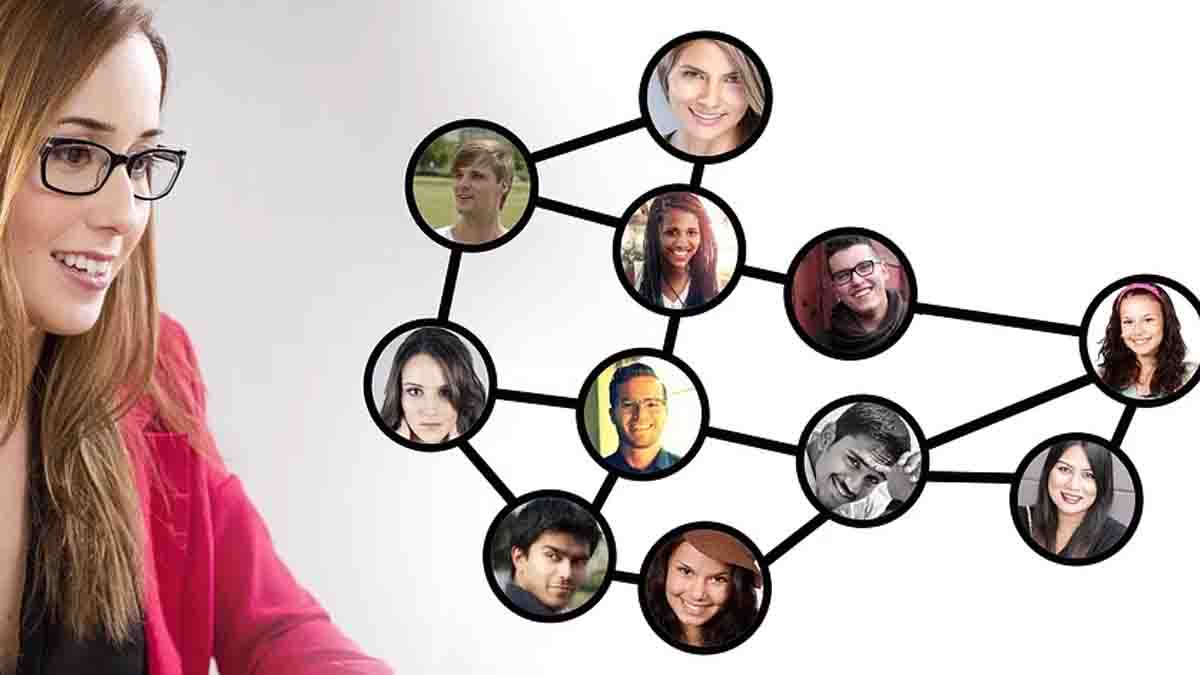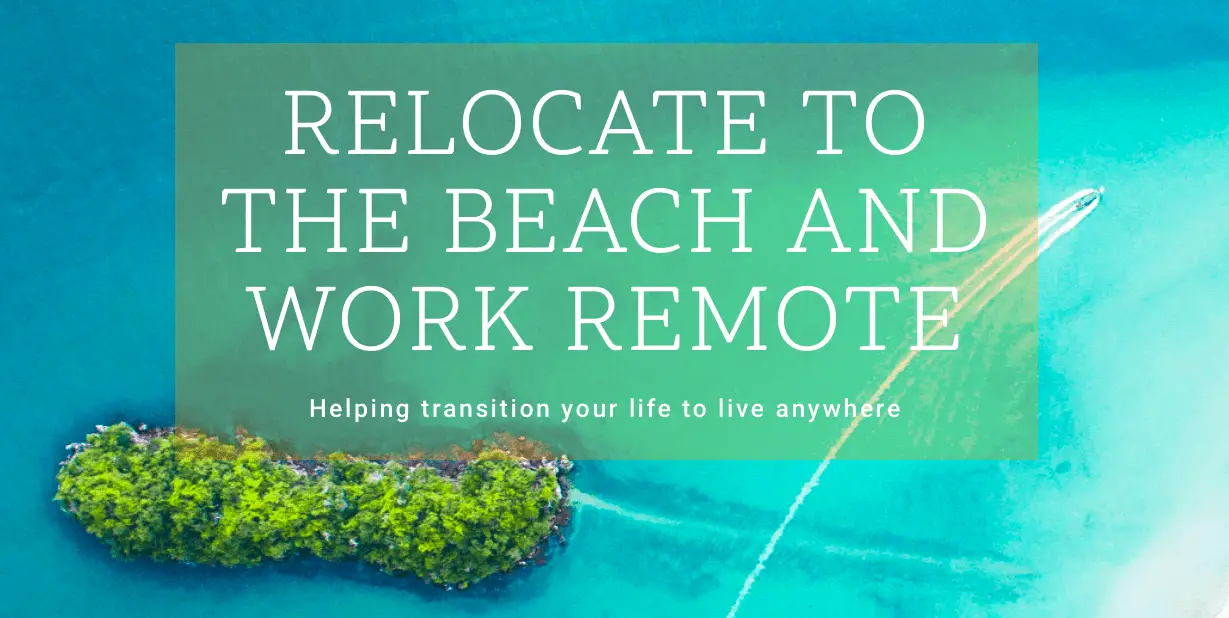
In this present health crisis, full and free contact with family, friends and acquaintances is longed for. Experts point to an emotional process of change within people`s social relationship behaviors.
Confinement has positioned the home as the epicenter of a colder and more distant life. “The situation we are experiencing has forced us to re-think our homes and intimate family relationships with regards to ourselves. And from this approach we have to relate with caution and responsibility towards others, many times with insecurities, despite the fact that many people do believe they are 100% safe”, Maite Díaz Alonso, a clinical psychologist.
Within this extraordinary process and far from any preconceived idea, full and free contact with family, friends and acquaintances is longed for. “If what we demand the most is to spend time, without limits, insecurity and restrictions, in our intimate environment, and even outside it, a clear message can be extracted. Above all, we need affection and not focus so much attention on the negative or what we lack. There are aspects in the relationships between people that have changed and we will have to re-educate our children, both parents and teachers”, says Irene Rial, pedagogue and elementary teacher.
Parents have felt overwhelmed by so much change and de-structuring in the ways of daily life, and are forced to keep their children safe and with attention to the measures that are being imposed, especially with regard to education sector.

Many parents have gone out of their way to be ever present with their children at every moment of their lives, so that they socialize without coercion, know the meaning of the words respect and equality in the broadest sense and had consideration and courtesy towards the elder and other people that they come across.
But, we continue to find ourselves in a difficult situation where we must tell them to be always on alert, practice social distancing, and wear masks. We have raised them telling about a free world, full of opportunities. However, now they are experiencing something that has completely altered those ideas.
Despite the fact that there is an incipient and slow return to normality and children are resuming some relationships, many of them have suffered emotional and must continue to adapt to the new normal,” laments Miriam Martínez, mother of a six-year-old girl.
Dr. Díaz Alonso speaks of a “culture of distance and physical non-contact”. “This will modify personal comfort zones and certain models of behavior that we had (previously) very internalized, such as kissing and hugging, especially with people who we had just met, and also going to large parties, festivals, discos or concerts. Our habits are going to be transformed drastically”, she adds.
The expert points out a process of change focused on four stages:
- In the first, we have a time full of uncertainty, where there was no freedom of movement. Our mission was to learn to manage fear and insecurity.
- In the second, we find ourselves in a moment of return to seminormality. There are people who respect and others who only think about their own well-being.
- The third will result when the vaccine is found and predictably relative calm and confidence will come.

The last is the phase of gradual forgetfulness. It will be the closest situation to the normality before the health crisis.
“In the new normal we will give greater importance to the verbal and audiovisual aspects of relations. Just look at how video calls are used for work, communicating with friends and family, and for studying. Telecommuting is settling among society. Many people will keep the issue of hygiene, safety and protection in their closest social circle”.
“There are parents who are distressed when thinking of September, when their children face the new school year. Children not being able to relate freely with their friends and teachers is going to suppose a strong emotional stress”, says the pedagogue.
“Habits based on criteria of: “Do not touch” will be imposed. The rigor of hygiene routines will weaken the spontaneous sociability of so many social contacts. People will move around much less. The consumption of proximity will be preferred to the distant ones and the slow process to the vertiginous option. However, human beings, at the end, will be able to adapt to the changes that happen”, concludes Díaz Alonso.
“This new reality has broken our patterns and made us reflect, although not all of us. Responsibility and good judgment are also not inherent in everyone. It is real that many people skip the health measures and recommendations that are being imposed. However, on the other hand, there are families that are impacted for life. Full relationships between family members have not been recovered and the least confident people live in the anguish that this situation will not end as expected”, says Rial.
The current situation asks for respect and solidarity towards those who have lost love ones, those who continue to become infect. “We are beginning to give value to caring for others. We have discovered that we can live with what is fair and face difficult situations. Selecting our priorities is not that difficult. With courage and respect, we can be more generous and get ahead individually and collectively”, concludes the pedagogue.

